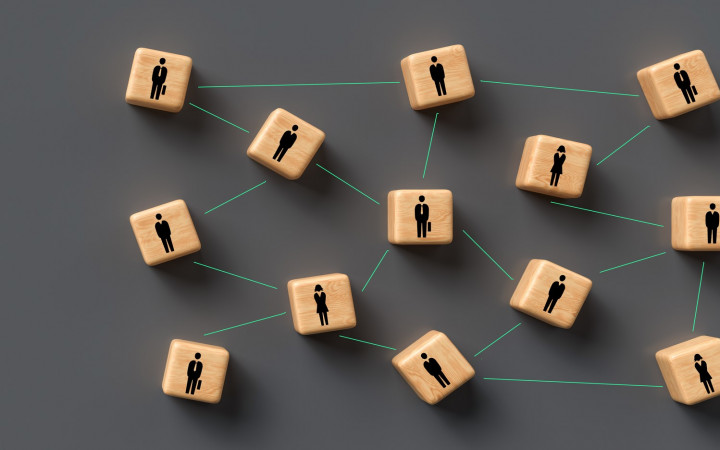Today’s Wonder of the Day was inspired by Annalise. Annalise Wonders, “what can we do to stop the covid-19” Thanks for WONDERing with us, Annalise!
Have you had chicken pox? How about strep throat? Most people have run-ins with the common cold. All of these illnesses are very contagious. If one person in the family catches a cold, it can quickly spread to everyone else.
Most cases of the common cold go away after a few days. But the same can’t be said for many diseases. Illnesses like Ebola, cholera, and HIV are much more serious. Most recently, you may have heard about the spread of COVID-19. This is another contagious illness that can have dire effects.
How can the public fight contagious illnesses? One way is through contact tracing. This is one way people are slowing the spread of COVID-19. When a person has the virus, they speak with a person called a contact tracer. This person first asks who the patient has had contact with since they were infected. They list each person’s name and phone number.
Next, the contact tracer reaches out to the people on their list. They tell these people they may have been exposed to the illness. The contact tracer will ask whether the person has any symptoms of sickness. They’ll also encourage them to take steps to avoid spreading the illness further. This may include being tested and staying away from others.
Contact tracing does have limitations. For example, what if a sick person went grocery shopping yesterday? They wouldn’t know the names and numbers of people who they stood next to in line. They might not even be able to tell contact tracers which store employees they spoke with. Through traditional contact tracing, these people wouldn’t know they’d been in contact with someone who was sick.
That’s why some technology companies are working on a smartphone app for contact tracing. It would use Bluetooth to keep track of other smartphones you’ve been near. If the owner of one of those phones tests positive for COVID-19, the app will tell you that you may have been exposed. Then, health officials can reach out to you to share more information.
Not everyone supports contact tracing. Some worry that it takes away their privacy. However, contact tracers do their best to protect your information. If you’re sick, they will never reveal your identity to your contacts. Further, contact tracing apps are not being built to track location or behaviors.
Contact tracing has been used for many years. It has helped in the fight against Ebola, tuberculosis, SARS, and many other illnesses. Have you or a loved one gotten a call from a contact tracer? If so, it’s important to take their advice seriously. It could help the people you care about avoid getting sick.
How else can you help stop the spread of contagious illnesses? Wash your hands with soap and water several times a day. Stay home if you aren't feeling well. Make sure you're covering your coughs and sneezes. All of these actions can go a long way toward protecting yourself and those around you.
Standards: NHAS.A.1, NHAS.A.8, CCRA.L.3, CCRA.L.6, CCRA.R.1, CCRA.R.2, CCRA.R.4, CCRA.R.10, CCRA.SL.1, CCRA.SL.2, CCRA.W.4




